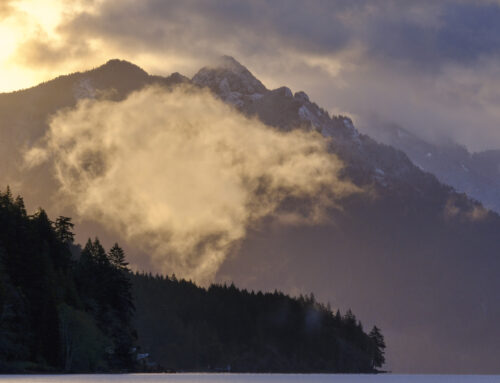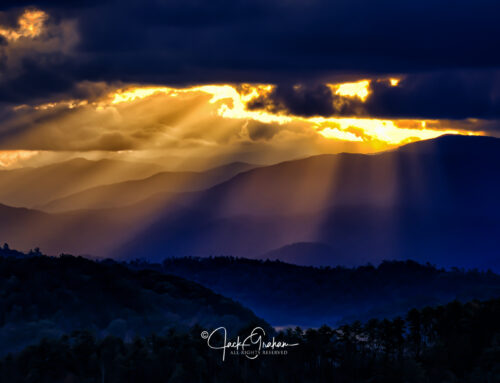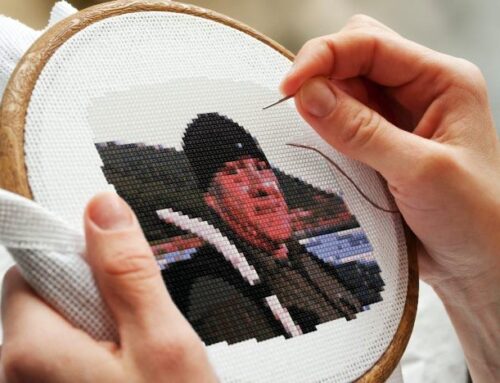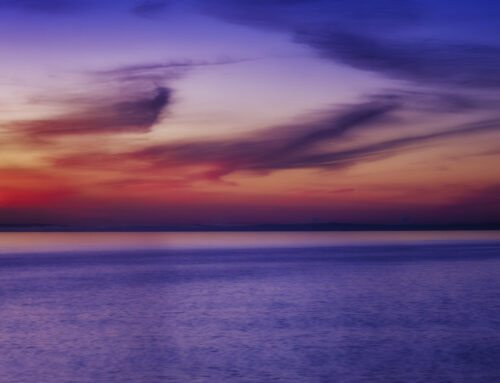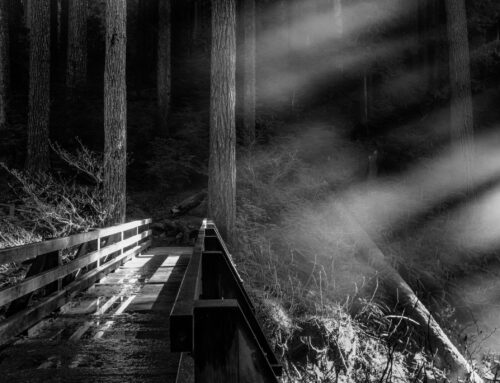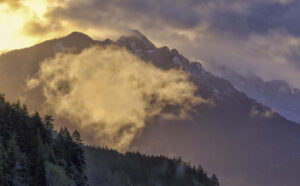
How do you react when faced with the unanticipated conditions at a landscape location, despite all the preparation possible? About ten to fifteen years ago, I authored a lengthy article on preparation. It has been published many times in many different venues. I still adhere to much of what is in that article however, as I grow as a photographer preparation is becoming much less important to me than before.
Photographers have learned that being prepared is important to a successful outing or more. We often use prior experiences and current expectations to prepare. As photographers today, we have with easy access detailed weather forecasts, internet tools like the Photographers Ephemeris, Photo Pills and even applications that predict sunrise and sunset quality and where the Milky Way and other stars appear, and when. How often do you get to a location to see numerous photographers attempting to make the same image using preexisting tripod holes? That experience is not for me anymore.
How many times have you studied copious amounts of information, just to find it was inaccurate upon arrival? Yes, when things do work out all the planning was important. But how many times did all the planning really work out?
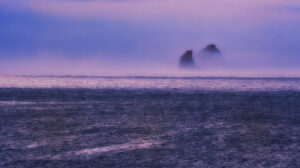
Both in past visited locations as well as ones we go to for the first time, we like to prepare and consciously anticipate what our images could be given certain preconceived perceptions.
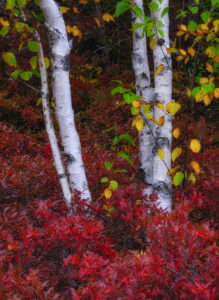 These perceptions are most often based on experience, either in a certain location or another that we have been to or one in a similar area. Many photographers have developed our eyes enough to determine potential images. There is always a degree of uncertainty compared to our past experiences. It is common to think about how we react to the uncertainty if not knowing the conditions. How will we react if things that are unexpected suddenly appear or change? What is important is to learn to use this uncertainty to reveal so many more possibilities other than what was anticipated. Think about not being disappointed if the conditions are not what we expected. Think about using what is at hand to discover other possibilities. You may find that adjusting to what is in front of you works a lot better.
These perceptions are most often based on experience, either in a certain location or another that we have been to or one in a similar area. Many photographers have developed our eyes enough to determine potential images. There is always a degree of uncertainty compared to our past experiences. It is common to think about how we react to the uncertainty if not knowing the conditions. How will we react if things that are unexpected suddenly appear or change? What is important is to learn to use this uncertainty to reveal so many more possibilities other than what was anticipated. Think about not being disappointed if the conditions are not what we expected. Think about using what is at hand to discover other possibilities. You may find that adjusting to what is in front of you works a lot better.
Believe me, I have stood looking out on the Pacific Ocean with a workshop group on numerous evenings thinking th sunset was going to be magnificent, only to have it disappear in a late appearing marine layer. That is when all the planning available is worthless.
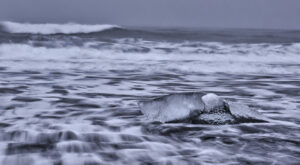
When the grand landscape does not present itself as we had wanted to visualize, the pleasure we can derive from using our camera as a tool to express and create what we hope may be an interesting image can be exhilarating. There are usually other selections and subject matter within the landscape that are worth exploring when what we anticipated is a disappointment.
I have talked at length about this subject with many other successful nature photographers. Without exception they will say that when you know ahead of time what to look for, that means that you are only photographing your own presumptions and may severely limit your creativity. They also always suggest (and I totally agree) that going into an unknown location, unprepared, and allow your mind to be as wide open is conducive to some amazing creativity. Additionally, eliminating the notion of trying to please anyone but yourself with your images will add to the creative process.
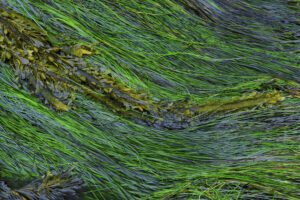
How often do we stop making images too soon thinking we have expended all the possibilities a location offers? Remaining open to more possibilities is important. You will be surprised on how images will be right there in front of you.
All the images shown here were not anticipated. Conditions were good for some work and not good for other work. It is always good to be able to adapt, or just sit back and enjoy your day in the field.
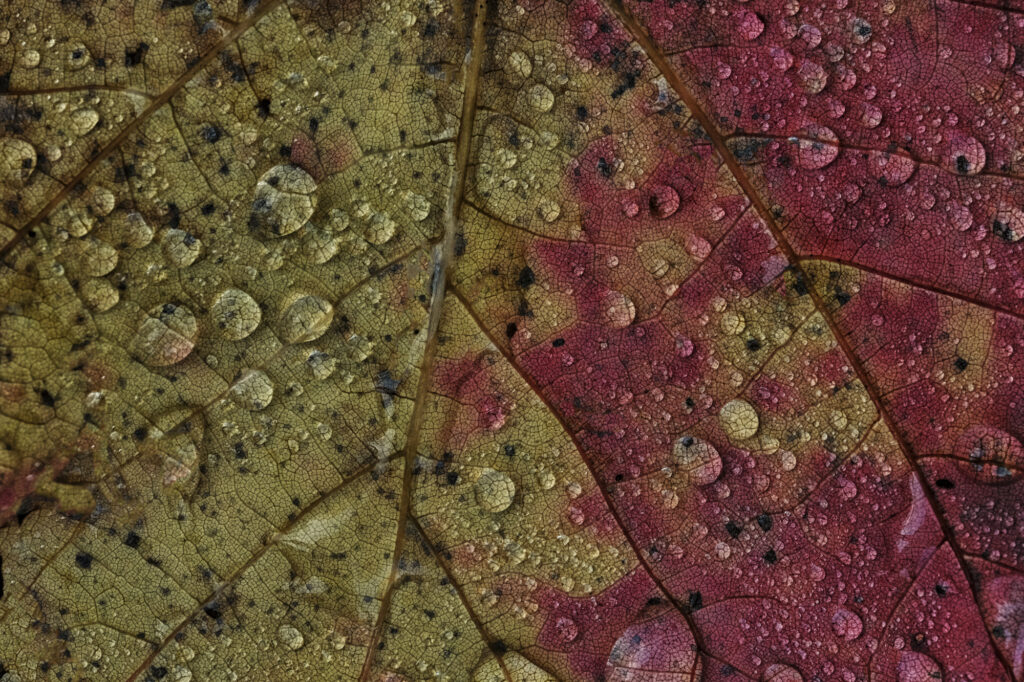
Unanticipated Light
The right to download and store or output any content from this document or on these websites www.jackgrahamphoto.com and www.jackgrahamsblog is granted for preview purposes only and may not be reproduced in any form .All Photographs appearing on these sites are the property of Jack Graham unless otherwise noted.
These photos are protected by U.S. Copyright laws and are not to be downloaded or reproduced in any way without the written permission of Jack Graham By entering these sites or downloading this document, you accept these terms. If you need permission to use a photo on these sites, please call
503-625-1430 or email Jack @ Jack@jackgrahamphoto.com


